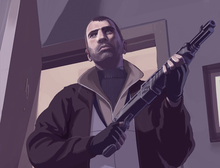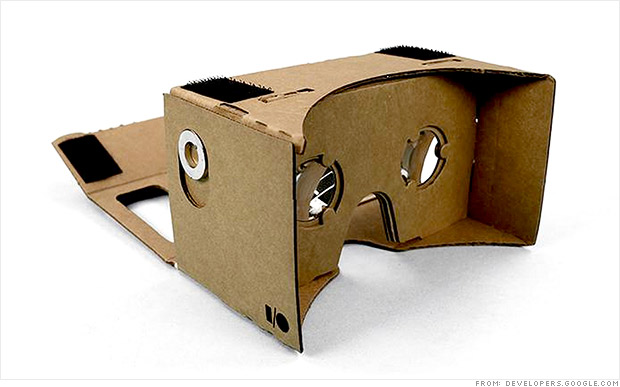 Gigaom had a great writeup about how Grand Theft Auto IV marks the end of “next generation” as we know it, stating, in more words or less, the game is a failure. GTA: San Andreas sold 21.5 million copies during its time on the shelf while GTA IV has sold roughly 9 million copies as of June 7th.
Gigaom had a great writeup about how Grand Theft Auto IV marks the end of “next generation” as we know it, stating, in more words or less, the game is a failure. GTA: San Andreas sold 21.5 million copies during its time on the shelf while GTA IV has sold roughly 9 million copies as of June 7th.
Granted, the game is still on the shelves and will still get sales, but the mass of “hardcore gamers” have had their fill and either purchased it or will not. The end result? A huge tapering of sales numbers for the graphically impressive game. Take-Two spent USD $100 million to develop the game which had great opening sales records but has gone down drastically since.
Imagine the title gains them USD $30.00 per sale in profit (considering distributors get the game for roughly USD $45 to $48.00 USD), taking into account shipping of the product, marketing and all the materials that go into producing a copy, they’d have to sell a large quanity of game titles to break even, which I think they have done.
Nobody is in this industry to break even. A block buster title should make block buster profits, right? Else, why bother to spend the 100-million when a Wii title can double or triple the profits with six months of development?
“Despite being part of one of the most popular video game series of all time, the arrival of GTA IV failed to boost sales of new next-generation consoles. (PS3 and 360 are defined as “next-gen” for boasting the best and latest graphics features.) Meanwhile, sales of the non-next-gen, GTA IV-less Nintendo Wii were double that of PS3/360’s numbers combined. If Grand Theft Auto can’t move more machines, nothing can. Which not only suggests that the market for next-gen consoles has been exhausted, but that the audience for big budget, AAA next-gen titles has been tapped out, too.” (gigaom)
Well, holy crap. We’re all so facinated by the game, the graphics, the sales figures but when you sit back and do the numbers, it’s not all that impressive. This is both unfortunate and surprising because they worked so hard and received such great scores on most review sites.
Gigaom predicts this will mark an end to such block buster titles and the result will be lower budget products with more downloadable content and micro-transactions with products having a broader target audience. For instance, Rock Band, Guitar Hero and other innovative titles.
Is this the end of the block buster franchises? Are we going to see a new evolution of gaming for the next generation? Perhaps, it won’t all be about graphics but about technology, control schemes and thinking “outside the box” rather than enhancing a pre-existing franchise?
So many questions, one must wonder, what does the landscape to next-generation gaming really look like, sales figures don’t lie…

